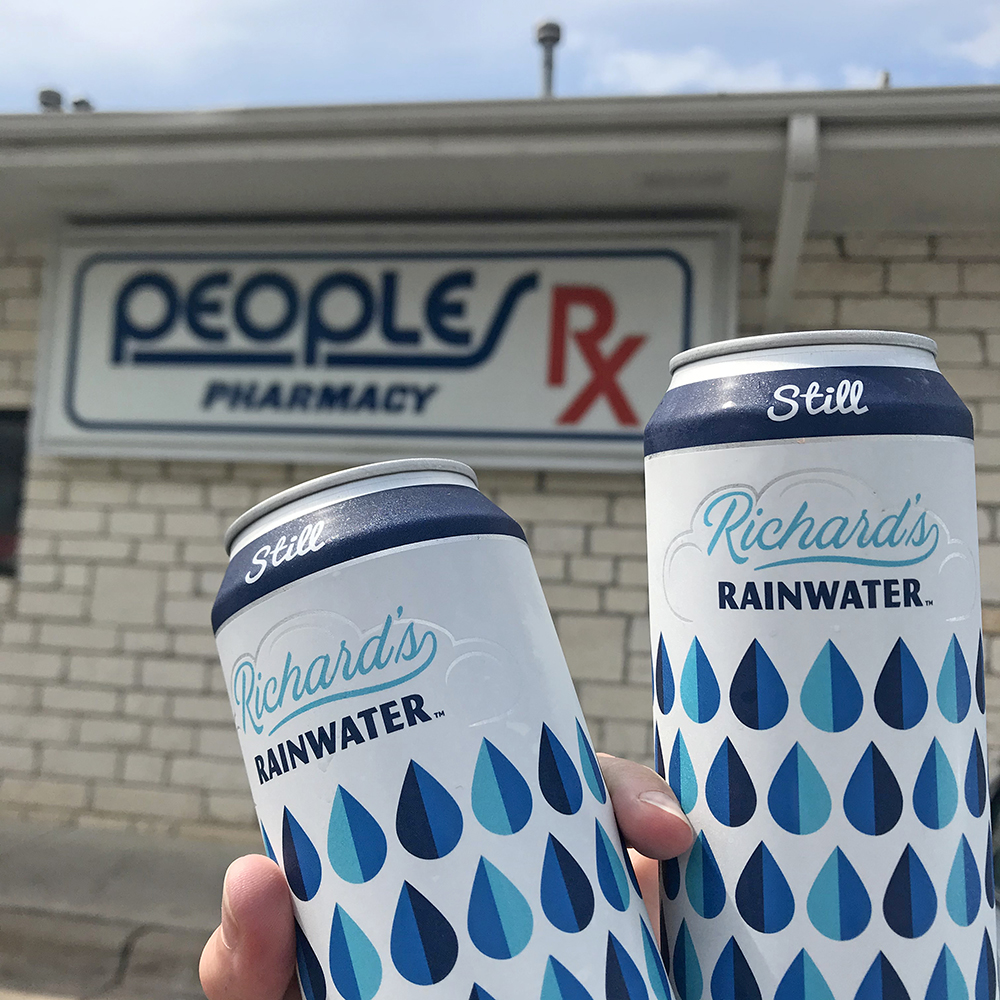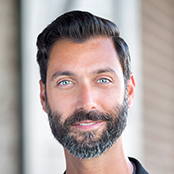 The Earth is a bountiful planet, with 70% of its surface covered in the most necessary element for our survival–water. However, as important as water is to the survival of all species, there seems to be little importance placed on keeping this precious gift clean for the generations to come. From chemical pollution in our streams and rivers, to plastic debris in our oceans, this contaminated water eventually becomes part of the larger water cycle and in turn, makes its way into the water we drink. We are in a crisis that is not only alarming but has also brought a more detrimental public health concern to light: a continued battle with PFAS in our drinking water.
The Earth is a bountiful planet, with 70% of its surface covered in the most necessary element for our survival–water. However, as important as water is to the survival of all species, there seems to be little importance placed on keeping this precious gift clean for the generations to come. From chemical pollution in our streams and rivers, to plastic debris in our oceans, this contaminated water eventually becomes part of the larger water cycle and in turn, makes its way into the water we drink. We are in a crisis that is not only alarming but has also brought a more detrimental public health concern to light: a continued battle with PFAS in our drinking water.
PFAs–The “Forever Chemical”
PFAS is the short name for per- and polyfluoroalkyl substances, AKA man-made “forever chemicals” that our bodies don’t break down. PFAS have been used in a variety of industrial, agricultural, military, and commercial product applications including firefighting foams, stain- or water-repellant fabric coatings, and non-stick cookware. PFAS have been linked to a plethora of human health issues such as:
- Kidney and liver damage
- Birth defects and delayed development
- Decreased vaccine response
- High cholesterol
In 2006 the EPA partnered with eight major chemical companies in a global PFOA Stewardship Program, working toward reducing PFAS amounts by 95% in 2010, and continuing to work toward eliminating them altogether by 2015. While PFAS are no longer manufactured in the United States, they do continue to contaminate through imported consumer goods manufactured in regions with little to no government oversight.
Today, our communities are seeing significant increases of PFAS in their municipal water where the EPA has established a non-enforceable health advisory limit of 70 ppt. While there is some legislation pending, it could take a significant amount of time to monitor and solutions will take time to implement. What’s worse, a recent consumer report showed that PFAS are common in some of the largest bottled water and sparkling water brands in the country. As contaminants in drinking water continue to grow, it is vital to advocate for transparency among bottled water suppliers and for consumers to be aware of their go-to water’s PFAS levels. The easiest way for consumers to strive for change is to do so with their purchasing power and their voice. It is time to hold big water and the retailers we trust to supply healthy food and beverages to a higher standard.
Is Rainwater the Solution?
Rainwater is a renewable resource that is naturally clean and pure. Collecting rain before it touches the ground prevents water, a universal solvent, from collecting natural or man-made contaminants like PFAS or arsenic. Rain is Mother Nature’s way of cleansing the atmosphere of all impurities. The “first flush” system that prevents the first 1-2 millimeters of every rain event from entering the rainwater collection tank is the most important part of any rainwater collection system. Additionally, rainwater does not need flavor additives to cover the purifying agents associated with municipal water and uses less energy in the bottling process. Keeping water clean is far more efficient and better for the environment than purifying dirty water after it comes in contact with contaminants. Rainwater can also be collected locally, which helps build community through jobs and education programs, and eliminates unnecessary carbon emissions from moving water long distances. The water industry wasn’t set up to protect our most precious resource. It was set up to drain it. They deplete water sources, waste more water than they sell, and leave a trail of plastic and pollution across the globe.
The founder of Richard’s Rainwater saw a better way. A down-to-earth guy with sky-high standards, Richard has been at the forefront of rainwater collection in the U.S. since 1994 (a local Texas hero!). After years of perfecting the process, we’re bringing Richard’s Rainwater to the world. Together we can start a revolution with a single sip of delicious rainwater. Pure, sustainable, ethically sourced, and community driven. The future of bottled water has arrived.
Stop by your nearest Peoples Rx location March 15-17 for BUY ONE GET ONE FREE* Richard’s Rainwater!
*While supplies last
 Dimitri Koumbis is the Director of Marketing and Ecommerce at Richard’s Rainwater, an Austin-based bottled water supplier. Prior to joining the team at Richard’s, Dimitri was a brand consultant and lecturer at Rutgers Business School and Parsons School of Design in New York City.
Dimitri Koumbis is the Director of Marketing and Ecommerce at Richard’s Rainwater, an Austin-based bottled water supplier. Prior to joining the team at Richard’s, Dimitri was a brand consultant and lecturer at Rutgers Business School and Parsons School of Design in New York City.
If you have comments and/or questions about this blog, email us at blog@peoplesrx.com.
